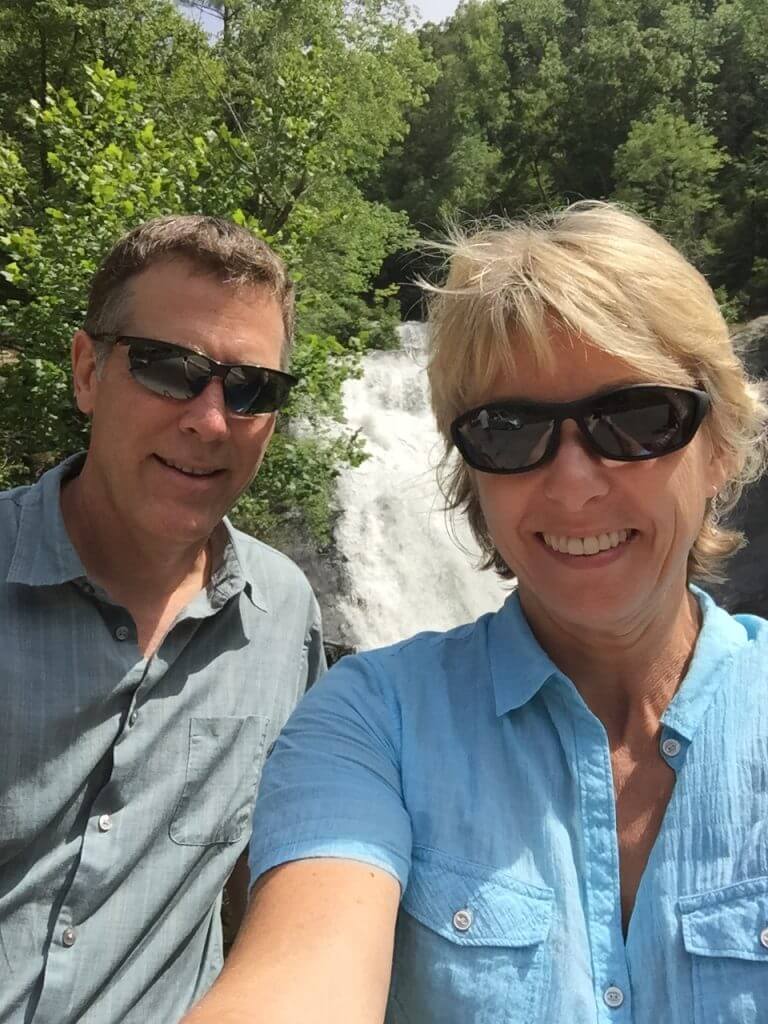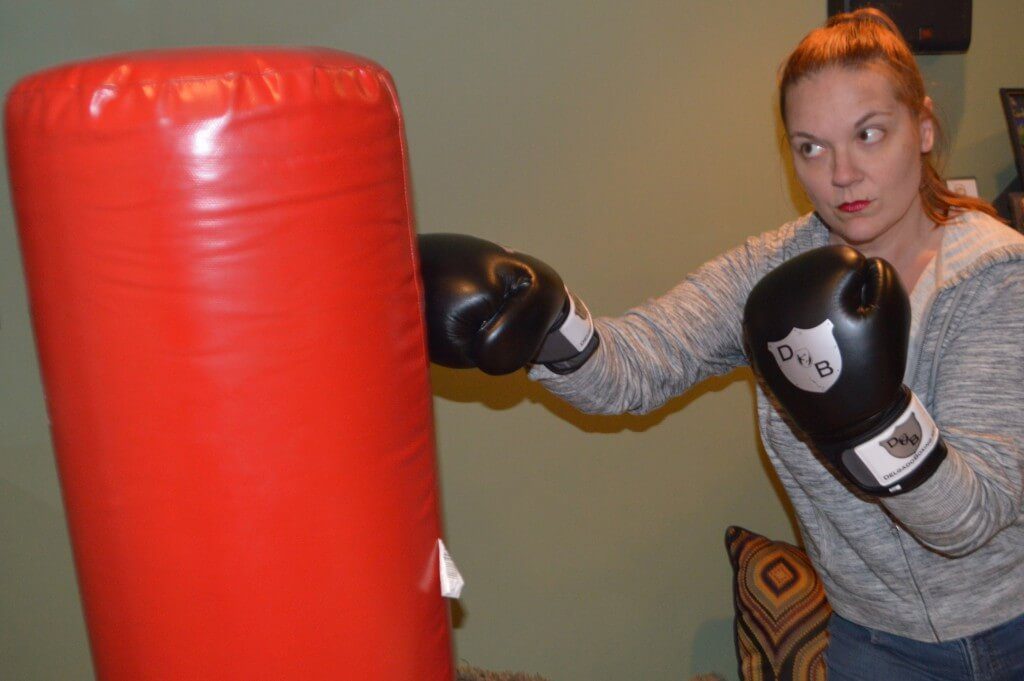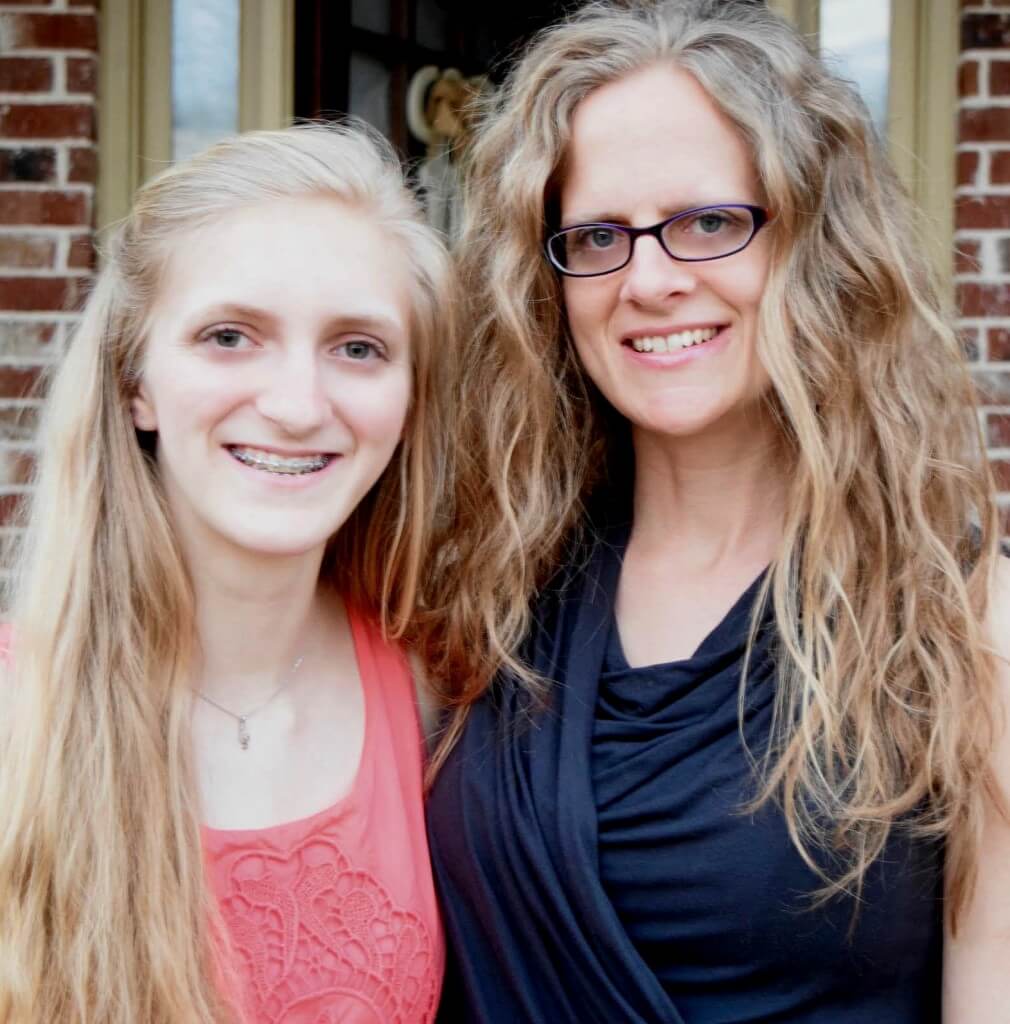Patient Perspective: Lorie

Patient Perspective: Lorie For the most part cancer has been good to me. I had some misconceptions about life after treatment; but, now I know better. Because I did well during treatment, I thought after treatment I would jump right back into life where I left off. I didn’t realize I would face a “new normal,” at least for a while, of having to live with discomfort and live a lesser life than the “old normal.” I am very thankful that Jill had a vision for a place like TurningPoint – a place that not only rehabs the physical body but serves to educate and renew the mind and spirit. When I first heard about TurningPoint I thought “Great!”…until I thought about having to drive the distance from my home to the clinic. The emailed intro form stayed in my inbox for two months before I filled it out and returned it. I spent most of that time trying to decide whether I was willing or wanting to drive the distance from Morrow. Since TurningPoint specializes in breast cancer rehabilitation I decided to at least give it a try – to see if they offered anything different than a physical therapist close to home. THEY DO!! I couldn’t believe I needlessly hurt so bad, for so long, and was ready to accept it as my “new normal.” Along this journey I have met many wonderful people and have had access to great resources. It is not enough to have resources available; in order to work they have to be utilized. I am still learning from this journey. I am thankful to be a lifelong learner. TurningPoint, like Dunkin’ Donuts, is worth the trip.
Patient Perspective: Cara Inman

Patient Perspective: Cara Inman When I was diagnosed with breast cancer, I was scared and in shock. I was so lucky to be surrounded with a dream team of doctors – breast surgeon, plastic surgeon, and oncologist – who were fabulous. My role with them was to be the most compliant patient possible while they took care of business. The next step was physical therapy and this was my opportunity to take an active role. I knew physical therapy would be critical to putting my world back together again. My doctors told me about TurningPoint and I booked my first appointment from my hospital room. It’s hard to express how important this partnership has been. At my first appointment, my therapist was confident and reassuring. Since they only deal with breast cancer patients, they were just the experts I needed! I had a team of two therapists and the level of care was exceptional. It was amazing how quickly my body responded to my therapy sessions. They also gave me just the right exercises to do at home and I saw improvement daily. Since TurningPoint specializes in helping breast cancer patients, it was very assuring at each visit to know that they knew exactly what I was going through and better yet, how to get me through the last step of healing and recovery. I feel that my physical therapists have truly become coaches for me – giving me guidance and cheering me on. My experience at TurningPoint has been wonderful. I will forever be grateful to this wonderful group of professionals!
Patient Perspective: Carole Ann Webb

Patient Perspective: Carole Ann Webb April 15, 2015. The fact that it was tax day was far from the worst thing about this afternoon. “You have early stage breast cancer.” This news was certainly not what I expected to hear one week after my first ever mammogram. I had turned forty ten months before, and I had made a promise to myself to not turn forty-one before my initial screening. At first I was confused. Breast cancer didn’t run in my family. I was healthy, an active middle-aged (barely) woman who loved to go on long hikes and was just learning to mountain bike. Really? I had breast cancer? After more tests, it appeared that a lumpectomy and seven weeks of radiation were to be my summer. Before my surgery, I headed out to California for a two-week vacation, taking on tough hiking challenges in the state’s many national parks. I knew it would be awhile before I felt like hiking again. Two weeks after my surgery, I noticed that the painful swollen area under my left arm (where the sentinel node biopsy had been performed) persisted. I was diagnosed with a seroma, and during radiation, I noticed tightness and decreased range of motion in that left arm. I started physical therapy, but the feeling in my arm didn’t improve – in fact, it got worse. It was suggested that I see someone for a lymphedema assessment since my arm was definitely swollen, and I was continuing to experience pain. It was as simple as googling “breast cancer rehabilitation Atlanta.” If I wasn’t hooked by the inviting TurningPoint website (which I was), then my first appointment sealed the deal. What a welcoming place! My therapy team Jill, Anita and Jyoti educated me and developed a complete treatment plan, https://neurofitnessfoundation.org/ambien-zolpidem/. The staff and volunteers always had a smile and a kind word to offer. I will be forever grateful for the excellent care I received. I felt that TurningPoint treated the whole me – my body and spirit felt revitalized after each visit. My lymphedema is stable at a low level and I know how to manage it myself and when to go back for reassessment – and I no longer have pain! I wasn’t able to do most of the physical activities I enjoy for most of 2015. But 2016 is here, and I have taken up boxing! This new interest is going to get me in the best shape of my life, but I couldn’t have made it this far along in my journey without the care, wisdom, and genuine support I received from TurningPoint. I offer sincere thanks for making this chapter in my life so much easier to bear.
Caretaker Perspective: Kaitlyn Kosten

Caretaker Perspective: Kaitlyn Kosten In honor of Mother’s Day, we would like to feature a caretaker perspective, written by the 15 year-old daughter of a patient, Tricia Kosten. Kaitlyn Kosten is a freshman at North Forsyth High School, enjoys the drumline in the marching band and hopes to pursue a career in engineering. We hope you enjoy this amazing piece as much as we have. There is a moment in everyone’s life when the impossible happens. There is a moment in everyone’s life when the option of turning back is no longer available, when the world pauses and suddenly everything is unreal, yet the pain of reality is nearly unbearable. For me, this moment was while I gathered with my sisters and brother to discover the horrific news: my own mom was diagnosed with cancer. When you hear “cancer story,” it might convey bittersweet images of survivors or unlock the gates to countless stories told again and again from those who have been crowned a victor of this wearisome battle. This story, however, is different. It is not told from a survivor, or even written about a survivor, but from the perspective of a young girl who was witness from the sidelines of the battle. It will not center around the heart wrenching tragedies that come as a side effect of cancer. No, this story focuses on what I like to call “caretaker perks.” When a family member is diagnosed, it feels as if the world has stopped. The painful realization that the cancer has only shattered the world of those who know your family is soon dumped on you like a chilly bucket of ice when the grocery cashier greets you like she does every week, and everybody seems to step forward while you step back, again and again. Soon enough, you learn that to feel “normal” once more, you have to immerse yourself in what you love. For me, this took the form of music and running. As odd as the two may sound, they became a sort of therapy for me, and grew to be a constant reminder that, as Beau Taplin said, “She was unstoppable. Not because she did not have failures or doubts, but because she continued on despite them.” If a family member has the misfortune of being diagnosed, the family itself is convinced that they alone are the main support system, and while this may be true, the family needs a support system itself. They need a place to draw their strength from, someone to listen and provide guidance, https://livingwellnessmedicalcenter.com/klonopin-clonazepam/. I relied heavily on friends, as most people in this situation do. Our bonds were strengthened, and I felt a renewed trust and loyalty that was displayed by my closest friends. Such a miserable situation fortified my second family, the family who chose to stay close by my side. Life itself is not a gift, as some like to insist, for we do not get to keep it. It is not rightfully ours, for what have we done to deserve it? No, life is simply a loan, and one day, it will be taken back from us. What we accomplish in the few years allotted is our decision, a decision we must make every day, every hour, every second we awake to this demanding yet hopeful world. This experience showed me that at any second, everything we hold near and dear can be snapped away, before we have time to say goodbye. I must not take for granted the time I am permitted; instead, I must live instead of simply existing. I must learn and watch and grow, so that one day, when it comes time to recall my life, I will know that I have given it everything I have, every talent, every smile, and every laugh. These “caretaker perks” are only a few bonuses among many, simple lessons that, when applied, hold the power to change everything. When someone in a family is diagnosed, the family is on the sidelines cheering them on, but they are fighting their own battle with the same enemy. Cancer affects the whole family, and everyone must fight. In the end, the survivors stand with pride, but their caretakers are never far behind them, for we, too, are victorious.










